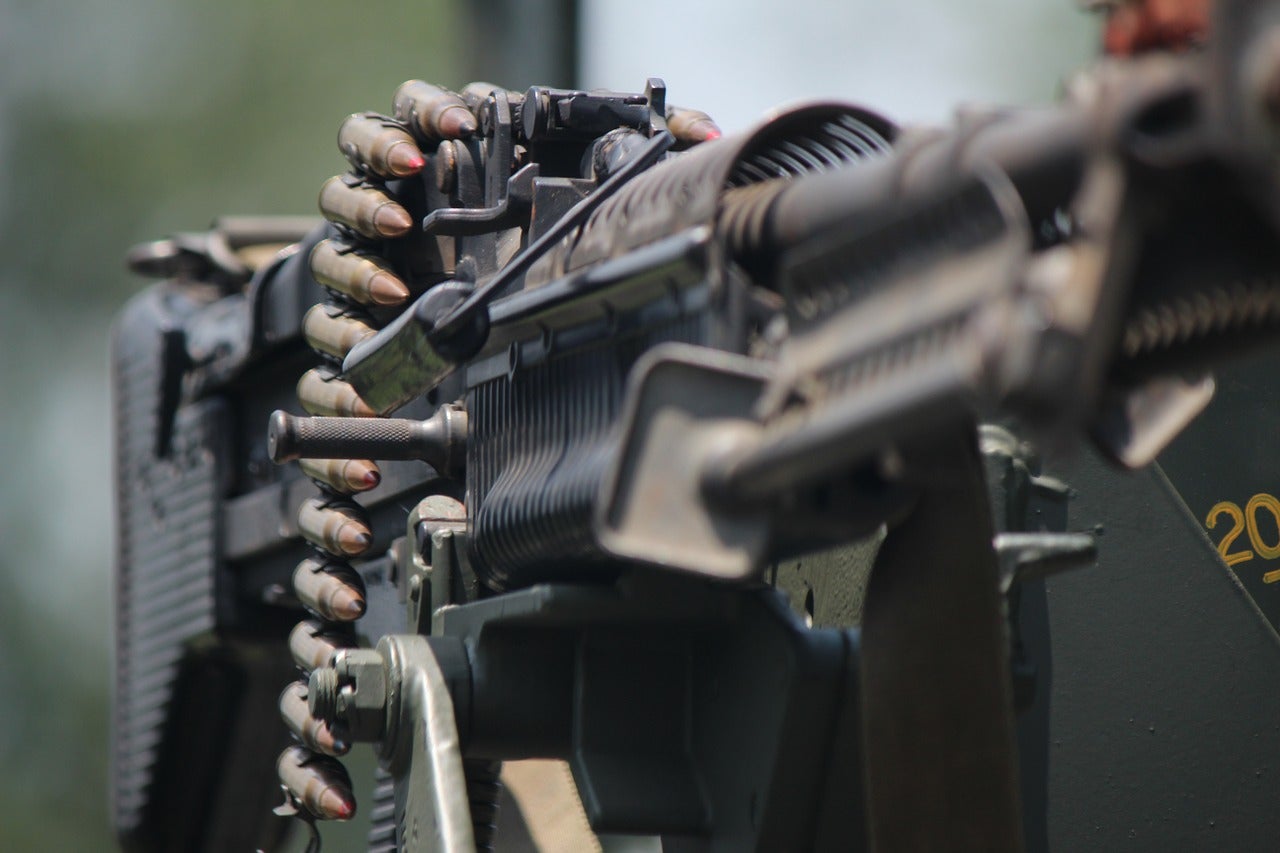
India has reportedly cancelled two armament import contracts for the army and elected to source materiel locally.
According to a report by The Economic Times, the Ministry of Defence scrapped two contracts in the final stages following a special meeting.

Discover B2B Marketing That Performs
Combine business intelligence and editorial excellence to reach engaged professionals across 36 leading media platforms.
The two contracts carried a combined value of more than $2.5bn and involved procuring close quarter carbines and self-propelled air defence systems from the UAE and South Korea respectively.
Sources told the publication that the two contracts will now be placed under the ‘Make in India’ initiative to support the domestic defence manufacturing sector.
However, the report did not specify under which clause the procurement of arms will advance.
Before it was cancelled, the deal for close-quarter carbines was being fast-tracked after the army cited an urgent requirement.

US Tariffs are shifting - will you react or anticipate?
Don’t let policy changes catch you off guard. Stay proactive with real-time data and expert analysis.
By GlobalDataThe Indian Army also seeks to acquire five regiments of Self Propelled Air Defence Gun Missile System (SPAD-GMS) that can be rapidly deployed and relocated based on requirements.
The Economic Times report further added that the Indian Government decided to cancel the two contracts amid representations from domestic companies offering an equivalent product for sale, as well as to accelerate the Atmanirbhar Bharat initiative, which seeks to make the country self-reliant.
India has recently ramped up defence acquisitions following the ongoing military standoff with China.
Recently, the government signed contracts worth Rs25.8bn ($353.63m) to procure Pinaka missiles for the army.
It is also planning to upgrade its ageing infantry combat vehicle (ICV) fleet.





